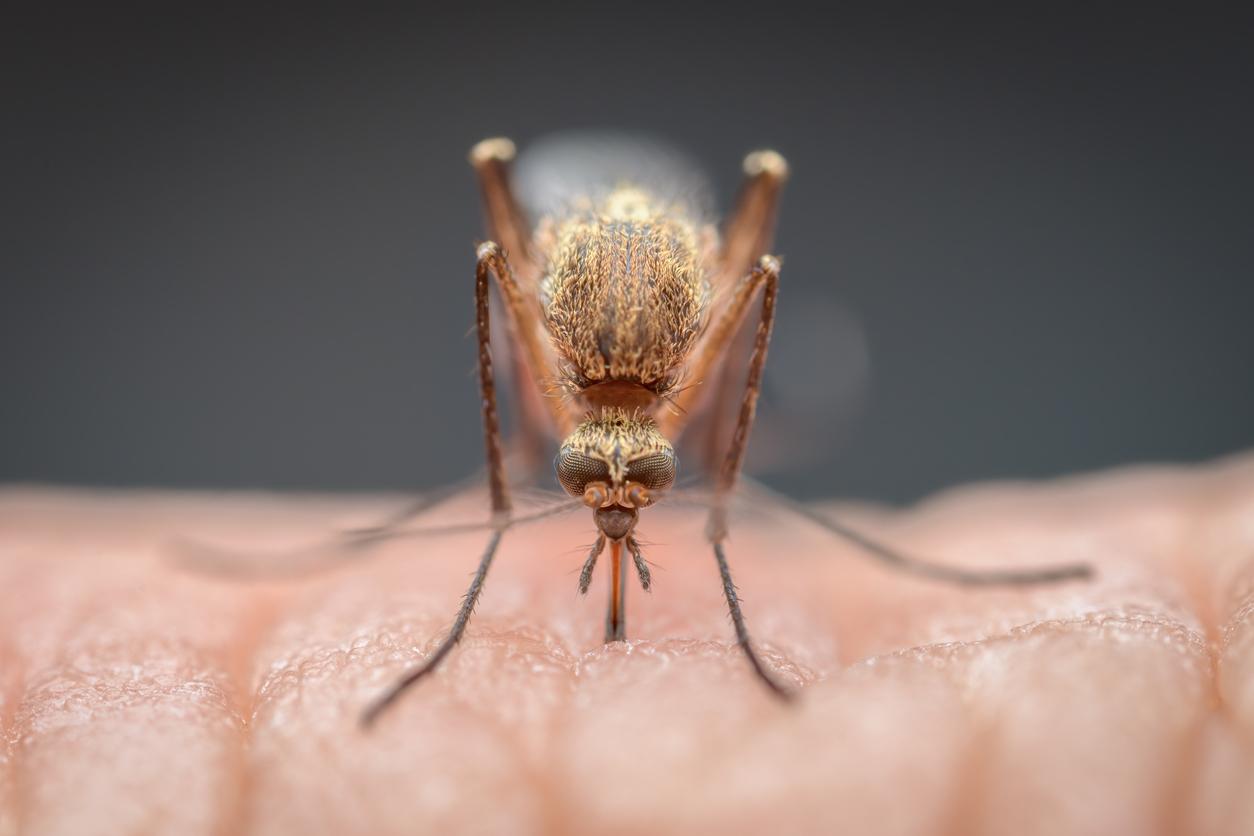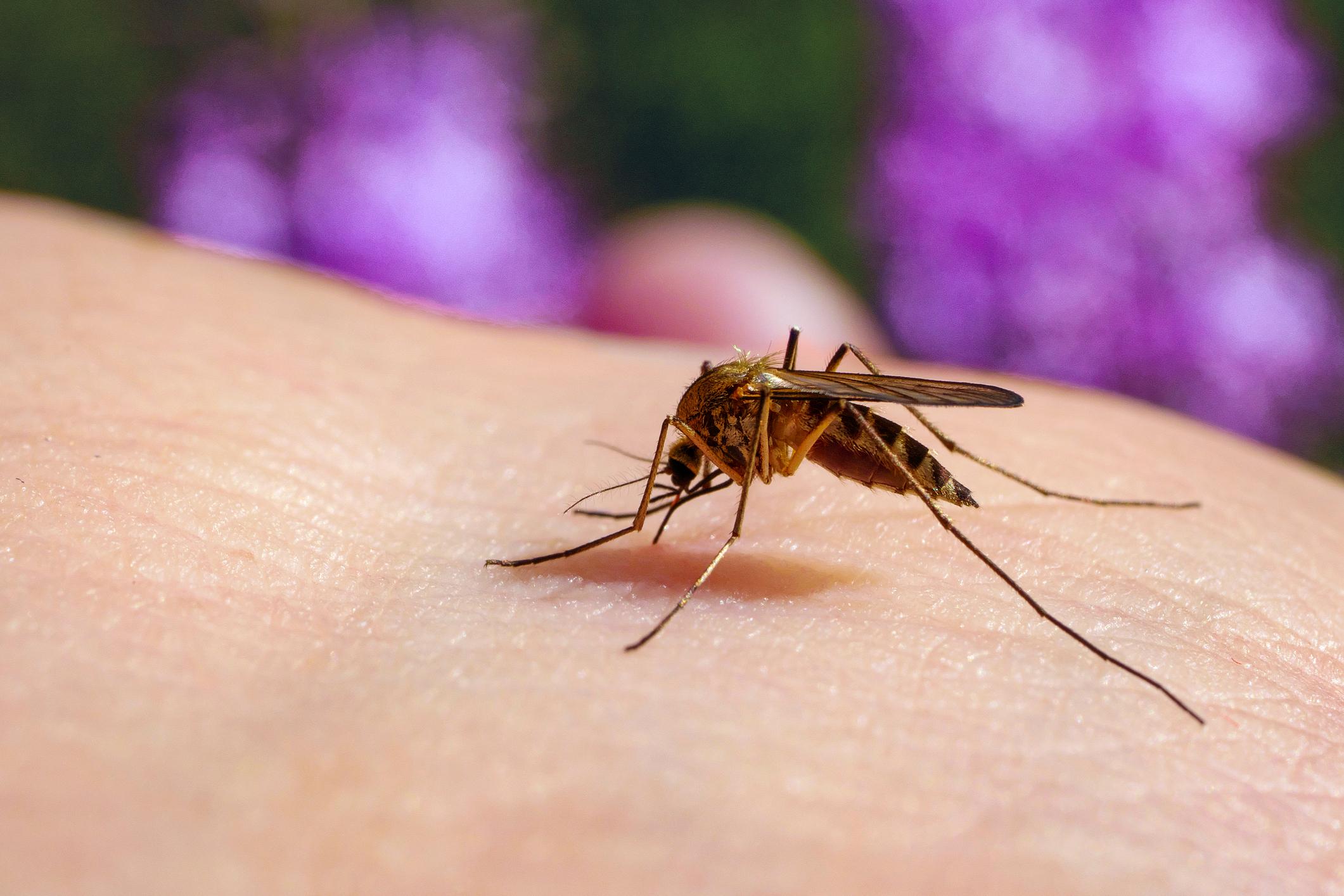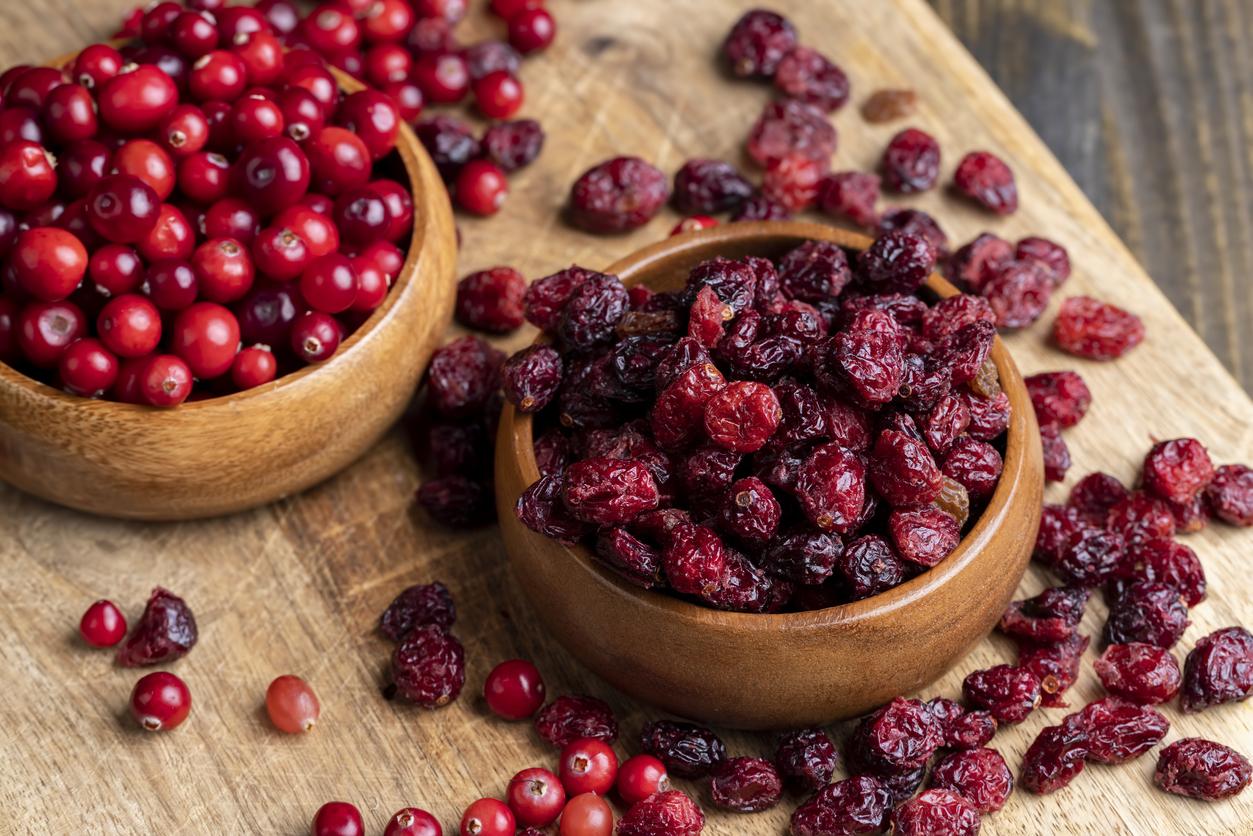
Can a cross-reaction also be dangerous?
Did you know that you can suffer from certain foods with hay fever? Apples can cause itching in the mouth, but not a piece of apple pie. What’s up with that? Allergy dietician Debbie Smiet of the DPS Dietetics practice explains.
What exactly is hay fever?
Allergy dietician Debbie Smiet: “Constantly watery eyes and uncontrollable sneezing: if you are allergic to pollen, the hay fever season can be a black time. 15 to 20 percent of the Dutch suffer from hay fever. The complaints mainly arise from February to August, when trees and grasses are in bloom. For many people with hay fever, this is not the most pleasant time of the year; Symptoms can sometimes be quite severe. Flowering grasses, plants and trees spread their pollen (also called pollen) through the air. Some people are allergic to this pollen. As soon as they inhale these, the mucous membranes of the nose and mouth become irritated. That is why hay fever is also called an inhalation allergy. The immune system reacts to the intruder and starts making antibodies against the foreign substance. Histamine is released during the immune response. This causes the typical allergy symptoms: a runny nose, swollen mucous membranes, itching of the nose and sometimes uncontrollable sneezes.”
Can certain nutrients trigger hay fever?
“It’s something different. People who are allergic to pollen sometimes also develop allergic symptoms if they ingest a certain nutrient. This is because certain allergens in food and pollen are similar. We call this cross-reactions. The best-known example is the allergic reaction to eating a raw apple. The proteins in the apple are so similar to those of the birch tree that the body is mistaken and thinks that the birch pollen is entering the body; This causes allergic symptoms such as itching in the mouth. People often think they have a food allergy, but they don’t. They just have a cross-reaction. If you suffer from hay fever, it is of course very annoying if the complaints of a cross-reaction are added to that.”
Have hay fever complaints increased in recent years?
“Nowadays, due to climate change, plants are in bloom almost all year round. People with a pollen allergy can suffer from this because pollen floats through the air for a longer period of time.”
What is the best way to deal with a cross-reaction?
“There are really only two things you can do: avoid the food altogether or heat the product. If you heat the product, the structure of the protein changes and it no longer resembles the pollen to the body. There will be no allergic complaints and you can eat the food as usual. If you have an allergic reaction to an apple, you can eat applesauce or apple pie.”
How do you find out which cross-reactions are bothering you?
“People who are allergic to a specific food often know this very well themselves. The mouth immediately starts to tingle and you get itching in the mouth or throat. The best thing to do is drink water and rinse your mouth. If you are not sure whether you are allergic to something, for example because you have problems with both the raw and the heated variant, you can have this examined by an allergist. He can determine whether it is a food allergy or not. This prevents you from unnecessary foodstuffs or avoiding the wrong products and still have complaints.”
What are the best known cross-reactions?
“The hazelnut, pear and apple cause cross-reactions in people with birch tree allergy. This allergy is relatively common. There are also many cross-reactions between grass pollen, mugwort pollen, house dust mites and certain foods. People who are allergic to grass pollen often have an allergic reaction when eating pineapple, kiwi and legumes. If children are allergic to grass pollen, immunotherapy can work well. By taking a very small dose of the substance to which you are allergic every day, you teach the immune system to deal with this. The younger you start, the better.”
Will I continue to suffer from a reaction to certain substances for the rest of my life?
“The symptoms often fluctuate during a person’s life, also under the influence of hormones. For example, you see that complaints become more or less during puberty or around pregnancy. In a significant proportion of people, the symptoms get worse as they get older. This is because we build up antibodies to allergens. The more you come into contact with a certain substance for which you build up antibodies, the more allergic you become. However, this does not apply to everyone. In some people, the symptoms diminish as they get older. It really varies from person to person.”
And e-numbers, what about that?
“There is no evidence that e-numbers trigger an allergic reaction. Just as there is no evidence that eating honey, turmeric or oily fish helps to suppress an attack or fight symptoms.”
Can a cross-reaction also be dangerous?
“It is especially annoying, but different from, for example, an allergy to peanuts or nuts. People who suffer from this can also suffer from shortness of breath. In a cross-reaction there are no breathing problems, only irritation of the eyes and the mucous membranes of the throat and nose.”
What about the belief that changing your diet could reduce hay fever?
“In alternative medicine you will find a lot of information about certain foods that could alleviate the symptoms of hay fever, but there is no scientific evidence for this at the moment.”
What is your golden tip for people with hay fever and cross reactions?
“Heating food is actually the only thing you can do to prevent a cross-reaction if you have complaints. Oh, and I always advise people who live in the countryside to move to the city. I realize that this is of course not realistic at all for many people, but we often notice that people with hay fever get more complaints when they move from the city to the countryside.”
What can I do to reduce the symptoms?
“Often you can get a long way with anti-histamine tablets from the drugstore or doctor, such as loratadine or cetirizine. If the symptoms remain severe, an allergist can offer a solution. He can map out the allergy and refer you to a specialized allergy dietitian in the event of cross-reactions, so that you know which food to watch out for and how to deal with the complaints.”
Want to know more about cross allergy? Watch the video of allergist Pieter Holms: www.plusonline.nl/kruis ALLERGY
This article previously appeared in Plus Magazine April 2019. Not yet a Plus Magazine subscriber? Becoming a subscriber is done in no time!
Sources):
- Plus Magazine















